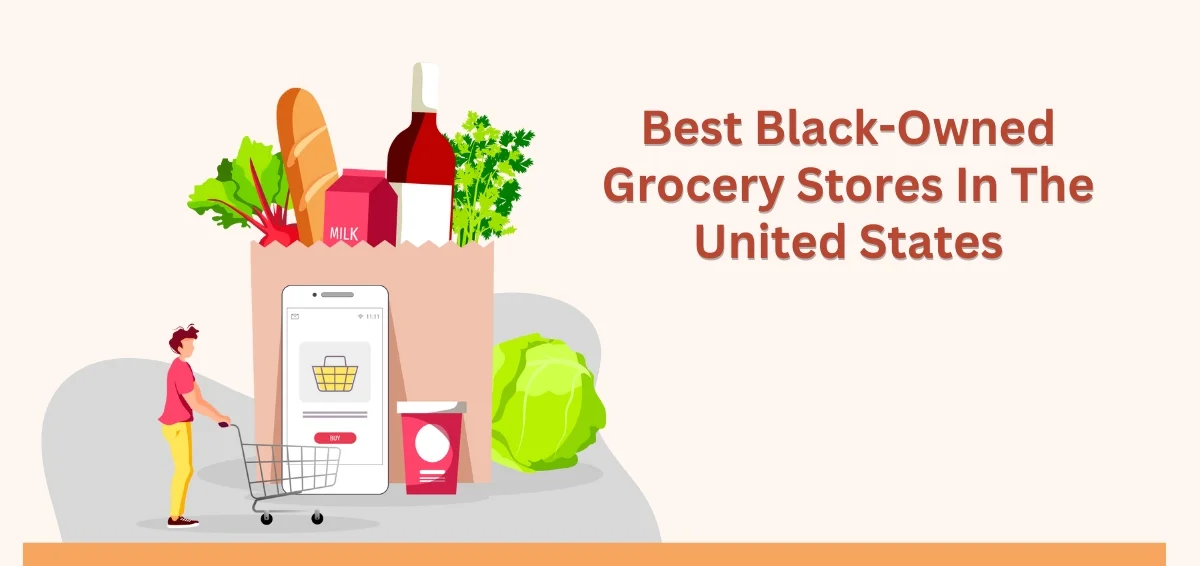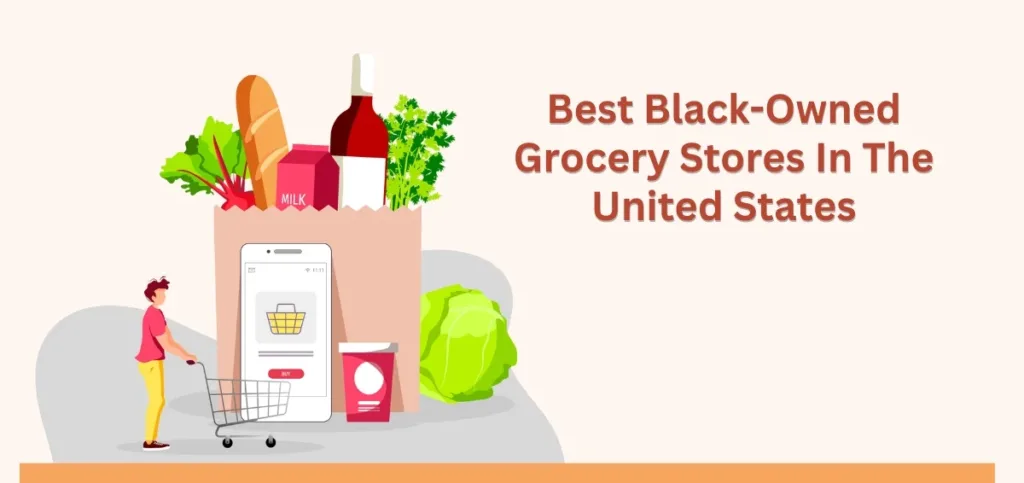
In the past ten years, racial discrimination has gained worldwide attention. This has had favorable consequences as Black-owned brands have become more mainstream. Around eight years ago, food deserts were a reality for Black Americans. These are places with no access to cost-effective and healthy food options. Fortunately, the proliferation of Black-owned grocery stores has improved the situation significantly. Such stores endeavor to provide and serve marginalized Blacks. Keep reading to find a detailed list of Black owned grocery stores in the US.
Best Black-Owned Grocery Stores
1. Partake Foods
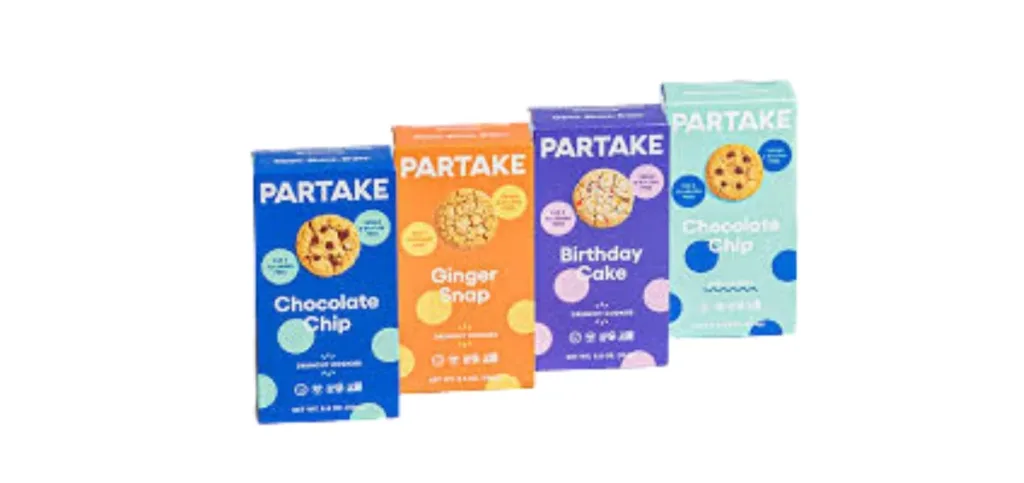
No peanuts, eggs, dairy, soy, artificial flavors, GMO’s or preservatives! Partake Foods, founded in 2016, specializes in a range of delicious, allergy-friendly foods that people with and without food restrictions can freely enjoy. Today, it is one of the most sought-after grocery stores whose products can be seen at Target, Trader Joe’s, Walmart, and Whole Foods. The store’s owner, Denise Woodard created it when her daughter was diagnosed with various allergies. But presently, it not only caters to people intolerant to certain food items. The store has become a symbol of Black female entrepreneurship and provides avenues to underrepresented people in the food and beverage industry.
Read Also: How To Open a Convenience Store
2. Circle Food Store (New Orleans)
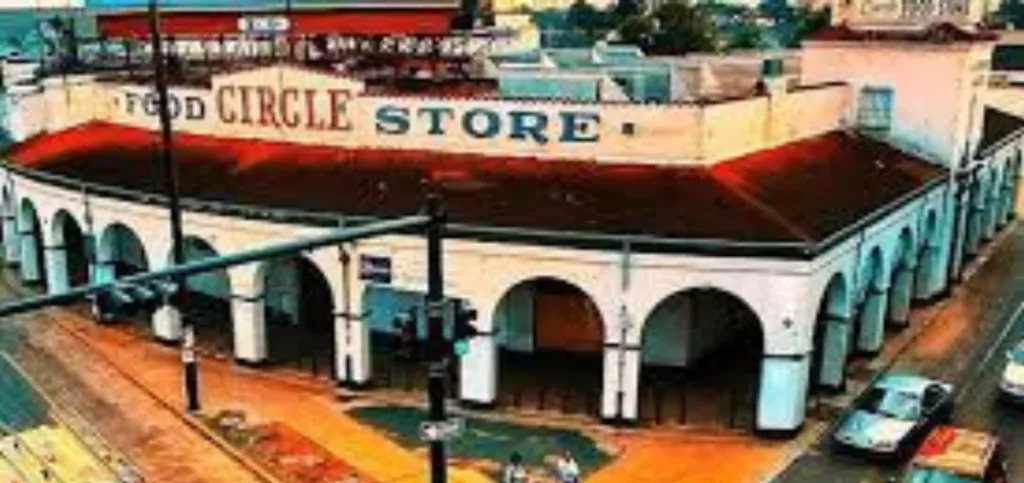
Circle Food Store was the first Black-owned grocery store in New Orleans. Incorporated in 1938, the store gets its name after the traffic circle that existed at the intersection of St. Bernard Avenue and Claiborne Avenue. The function of this store was more than providing groceries. Although known for its easter candies and bell peppers, it was a significant meeting spot for the Black community.
In 1991, Circle Food Store was taken over by Mr. Dwayne Boudreaux. It operated till 2005, after which Hurricane Katrina destroyed it. Fortunately, in 2009, efforts to revive the store met with success. Today, it is a flourishing Black-led grocery store. Besides providing Blacks with access to fresh foods, it’s also expected to bring revenue to the neighborhood and support local growers.
3. Daddy’s Fresh Market (Omaha)
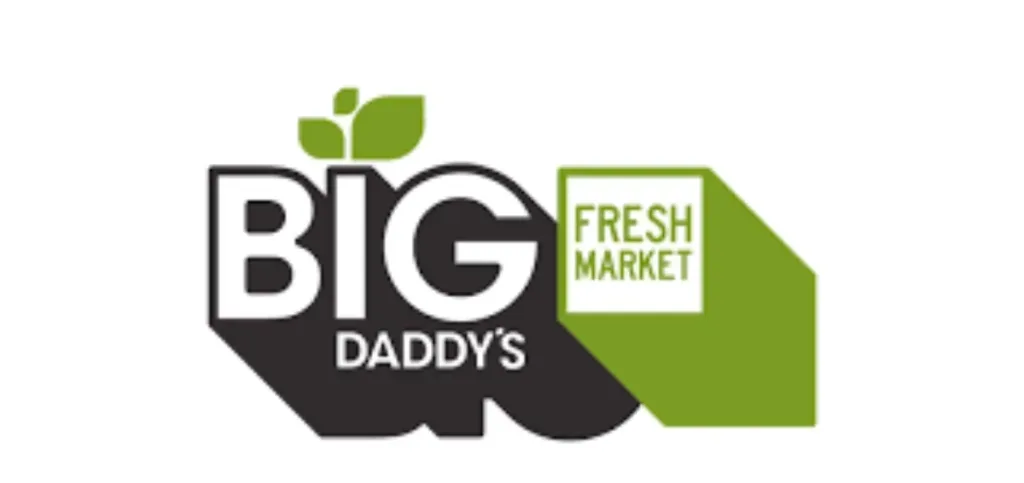
Daddy’s Neighbourhood Fresh Market works with the mission to provide healthy food options to Blacks at affordable rates. It endeavors to bridge the food desert in the Benson area. The store aims to provide African Americans with better food choices from local farmers so they can live healthier lives. At the same time, their purchase will also support the local farm efforts in Iowa and Nebraska. Daddy’s Neighbourhood Fresh Market serves the Benson-North Omaha community by supplying the freshest produce throughout the year. Their major offerings include grass-fed beef in halves, quarters, and whole cows and dairy products.
4. People’s Grocery (Oakland)
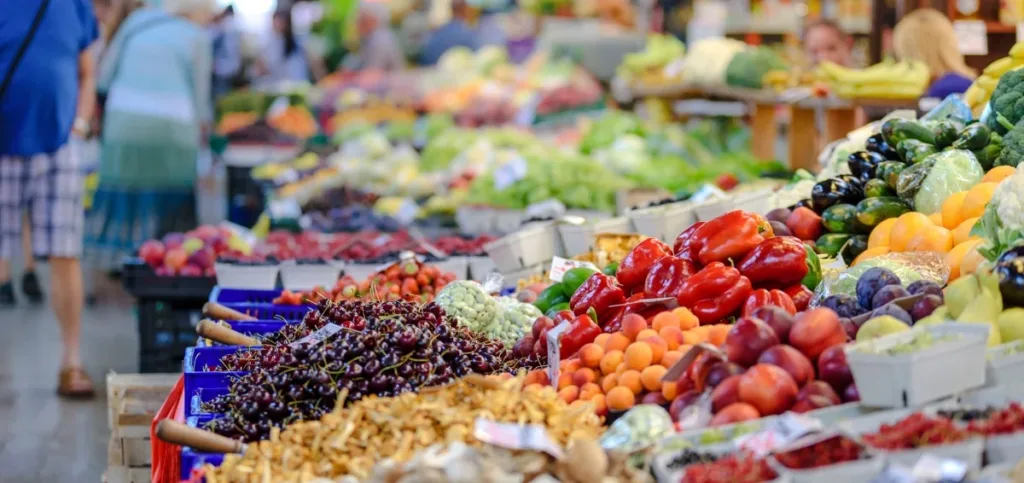
People’s Grocery is a community-based, family-owned grocery store. It is a one-stop shop to find everyday essentials to delicious specialty items. More than earning money, the store aims to craft creative solutions to health issues among blacks. By buying from them, the customer not only fulfills their need for groceries; they indirectly help create local jobs, nurture the local community, and help the environment. From frozen foods to quality meat, fresh produce, and dairy to grocery items, this store has a wide selection of products.
5. Cleo’s Bodega (Indianapolis)
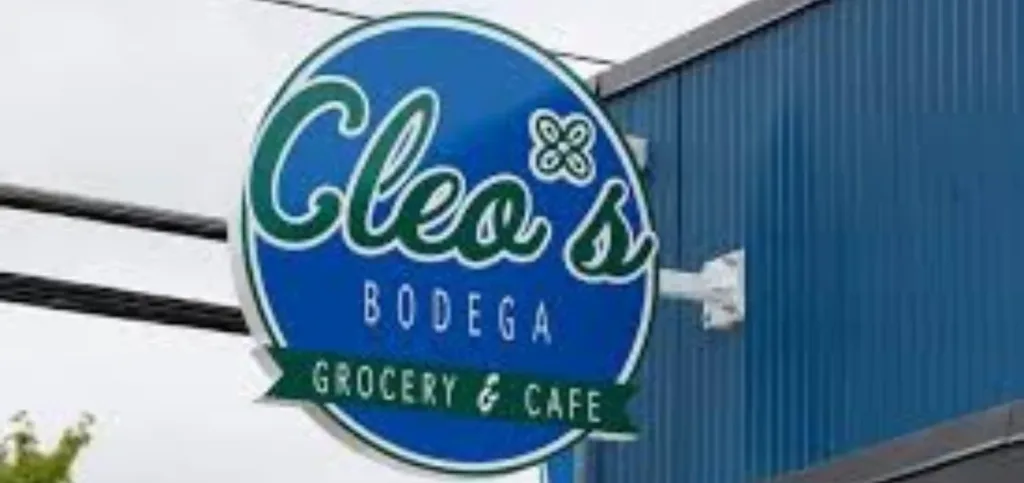
Cleo’s Bodega is named after Cleo Blackburn, who was the executive director of Flanner House for three decades. The store opened in 2019 on Martin Luther King Jr. Street. From the start, it has been much more than a grocery store. Cleo’s Bodega also serves as a café for smoothies, coffee drinks, sandwiches, and other quick eats. One of its most popular offerings is the lavender latte, made from the freshest lavender grown on the Flanner House farm. Although a micro-grocery, Cleo’s Bodega is the go-to for residents to buy daily necessities, including laundry detergents, milk, eggs, and fresh produce. This store also acts as an economic driver, supporting several local black entrepreneurs. It provides hands-on training to people, opening avenues for employment.
6. Neighborhood Grocery
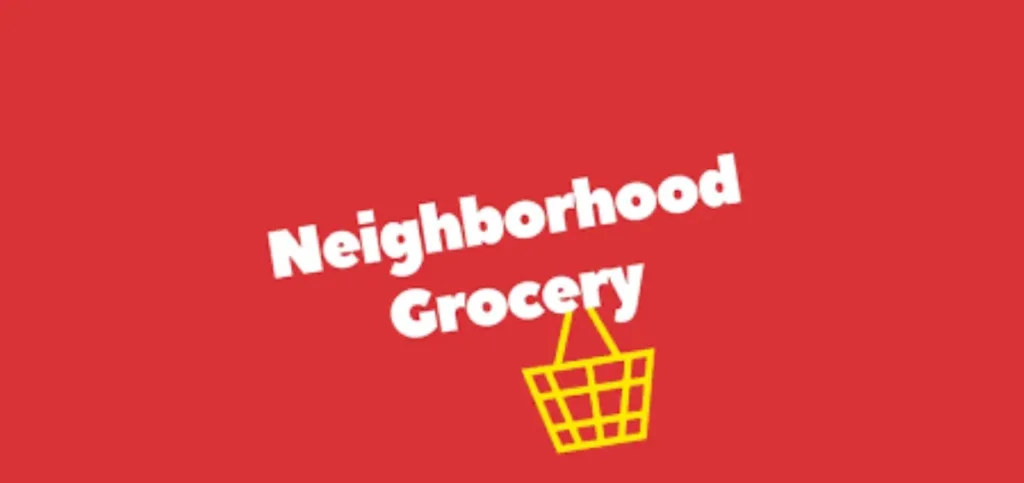
Neighbourhood Grocery is the first community-owned smart grocery store in Detroit. This store is significant for many reasons. Firstly, it is in the Jefferson Chalmers neighborhood and in a black city like Detroit that hasn’t had a single grocery store in various decades. Secondly, it helps nearly 20% of residents in the area who don’t own a car. The store opened in 2023, fulfilling the owner Raphael Wright’s vision of creating a black-owned space where Detroiters have easy access to fresh food options. Presently, it offers a variety of baked and canned goods, frozen foods, candies, condiments, and dry goods.
7. Forty Acres Fresh Market (Chicago)
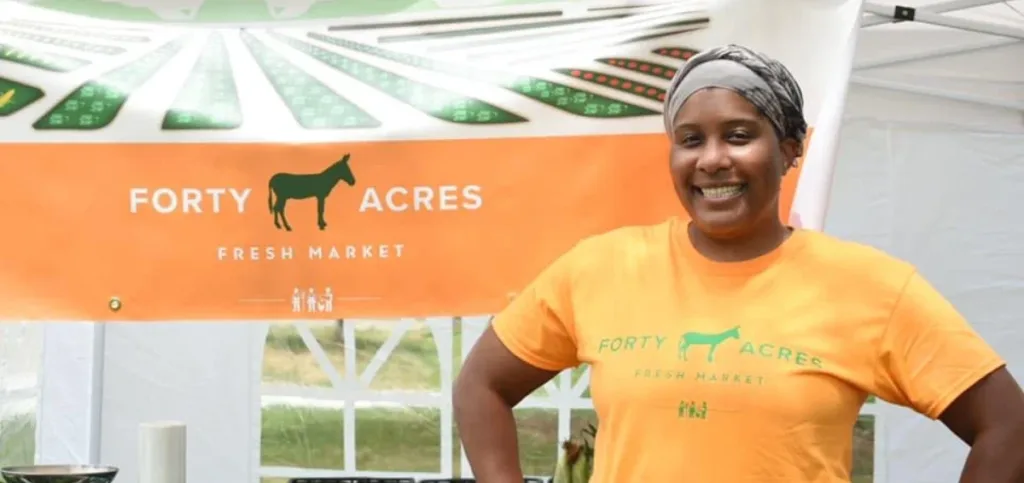
Forty Acres Fresh Market brings affordable yet high-quality fresh produce to Chicago. The store, owned by Liz Abunaw, started as a pop-up market in 2018. Today, it functions as a traveling pop-up and offers a huge array of fresh vegetables and produce. Affordability is one of the major plus points of this store. Every day, the produce is sold at low prices. So, buyers get more for what they spend. Forty Acres Fresh Market serves the Black community by delivering products to their door. By providing quality and fresh produce, it aims to make every household healthy.
8. Daily Organics (Los Angeles)
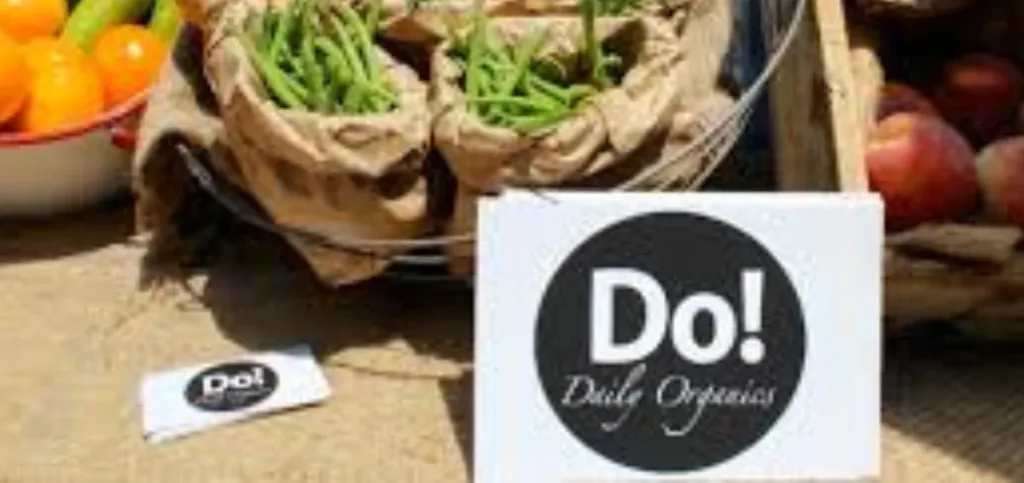
Daily Organics provides customers with a selection of organic products. The grocery store traces its roots to the 1980s. It was established by a haute couture model, Renee Gunter. This store provides fresh produce through a network of farmers, distributors, and co-ops that source seasonal vegetables and fruits for the LA. It provides produce to Blacks residing in Los Angeles at zero delivery cost.
Read Also: Best Cities for Black Families
9. District Market Green Grocer (Housten )
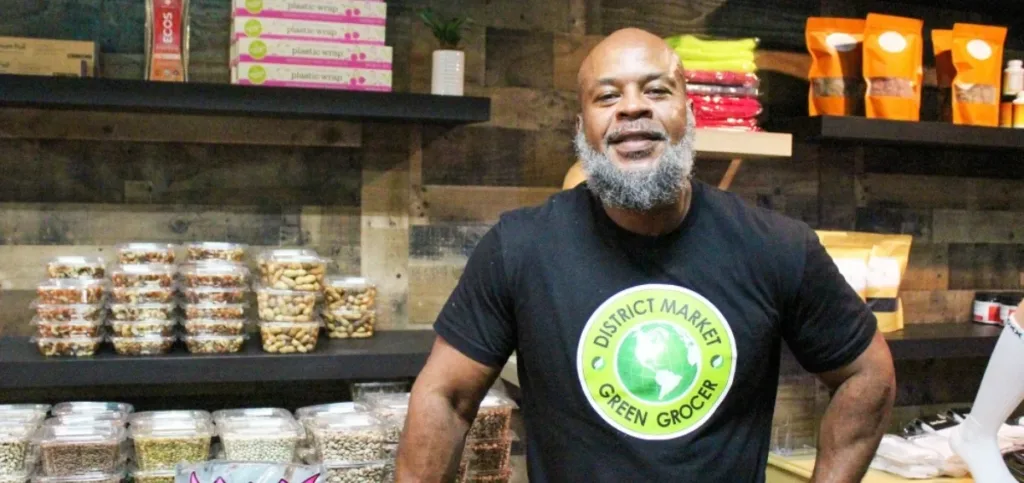
District Market Green Grocer is a club-turned-grocery store in Houston that has been gaining a reputation as a place for the upliftment of black-owned brands. It aims to push the boundaries of grocery industry innovation. The store offers an extensive range of organic produce and pantry essentials. The fruits and vegetables here are sourced directly from local farms. Robert Thomas, the founder of this store, is very passionate about nutrition. The idea to turn his nightclub into a grocery store struck him when the pandemic disrupted his business. Presently, the store functions as not only a place to buy groceries but also as a juice bar. You can find fresh produce and products from over 40 vendors, all of which are black-owned and locally produced.
Final Thoughts
Black-owned grocery stores address food deserts and promote economic empowerment. They not only provide affordable and healthy food options but also support local farmers. Black-owned stores should be encouraged as they are a crucial step toward equity and inclusivity in the food industry.

